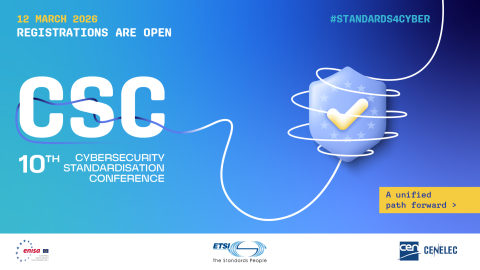Publication date: February 6, 2026
Some hard numbers reveal the paradox: the EU has a highly developed research sector vs. the EU is a region with a challenging commercialization environment compared to other global leaders.
Biotechnology is one of the fastest-growing research and innovation sectors in the world today, and the European Union plays a significant role in this process. Over the past decade, the number of biotechnology researchers in the EU has nearly doubled, from approximately 42,000 in 2012 to over 81,000 in 2021, and the share of employment in this field has reached 17.2% of total R&D employment. These figures confirm that Europe has a strong scientific base and is systematically building capacity in technologies critical to health, industry, and food security.
More
Publication date: February 6, 2026
We have been very pleased to contribute to BioLawEurope comparative survey on Digital Therapeutics and its legal status across Europe. KG LEGAL Kiełtyka Gładkowski prepared the entry on Poland and its standing on DTx.
The results can be seen here:
https://www.biolaweurope.com/blog
Digital Therapeutics ( DTx ) is evidence-based clinical software that prevents, manages, or treats diseases through digital programs installed on smartphones, computers, or other devices. Unlike typical health apps, these apps must undergo clinical trials and often meet medical device criteria.
More
Publication date: February 5, 2026
We are pleased to announce that we will be participating in the 10th European Cybersecurity Standardization Conference, which will take place on March 12, 2026. The conference is jointly organized by the European standards organizations CEN, CENELEC, and ETSI, in cooperation with ENISA, the European Union Agency for Cybersecurity.
What is ENISA?
ENISA – The European Union Agency for Cybersecurity is a specialized European Union agency responsible for supporting member states, EU institutions, and the private sector in improving cybersecurity in Europe. Its mandate was strengthened under the Cybersecurity Act, which made ENISA a permanent pillar of the EU’s digital security architecture and entrusted it with a key role in the development of the European cybersecurity certification framework.
More
Publication date: February 2, 2026
According to an analysis by lawyers from KG LEGAL KIELTYKA GLADKOWSKI, legal concepts such as incident and cyberattack are key elements in the EU cybersecurity and data protection law ecosystem. The fragmentation of cybersecurity law into various sectoral legal acts necessitates a comprehensive analysis of the coherence of all the legal acts comprising this ecosystem. This article demonstrates that the legal layer of cybersecurity in an incident is a highly sensitive issue from the perspective of the responsibility to protect, and therefore, responsible entities should examine the differences in the legal scope of application of individual acts. These concepts are intuitively understood but in legal practice are only superficially identical and lead to different regulatory obligations. The following summary is original and creative and can be used by entities to properly analyze their obligations under current EU law.
More
Publication date: February 2, 2026
The European life science sector is entering a phase of profound and systemic regulatory changes that will significantly impact research, innovation development, and commercialization in the coming years. On January 29, 2026, our colleague, Zofia Kubic had the opportunity to participate in the LifeScience Kraków Cluster meeting, representing the KG Legal Kiełtyka Gładkowski law firm, a member of the cluster. During the meeting, key European Union initiatives were discussed, setting a new direction for pharmaceutical, biotechnology, and medical device manufacturers.
More

